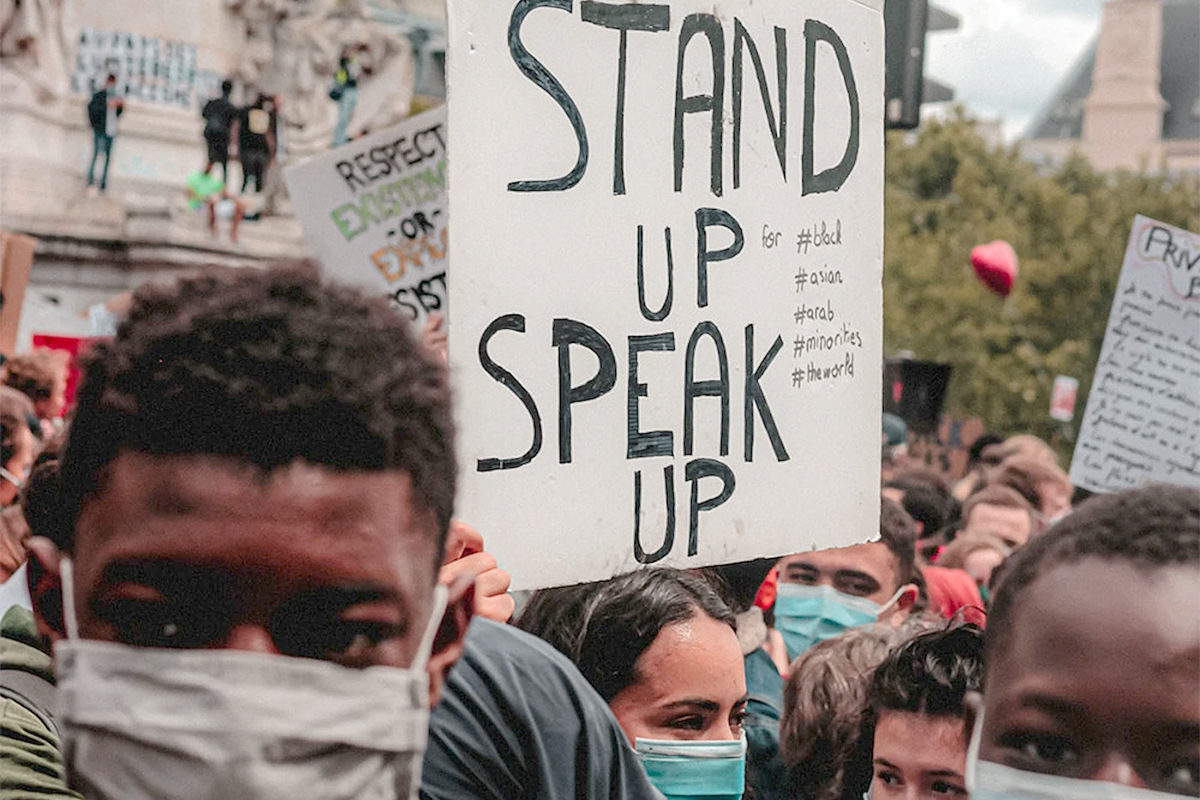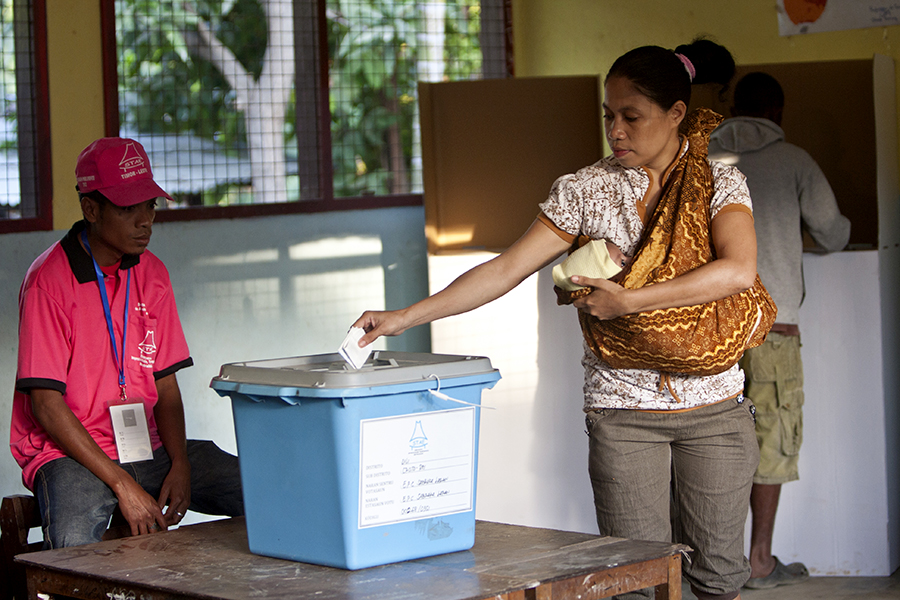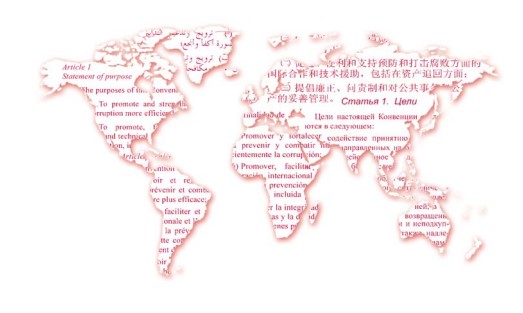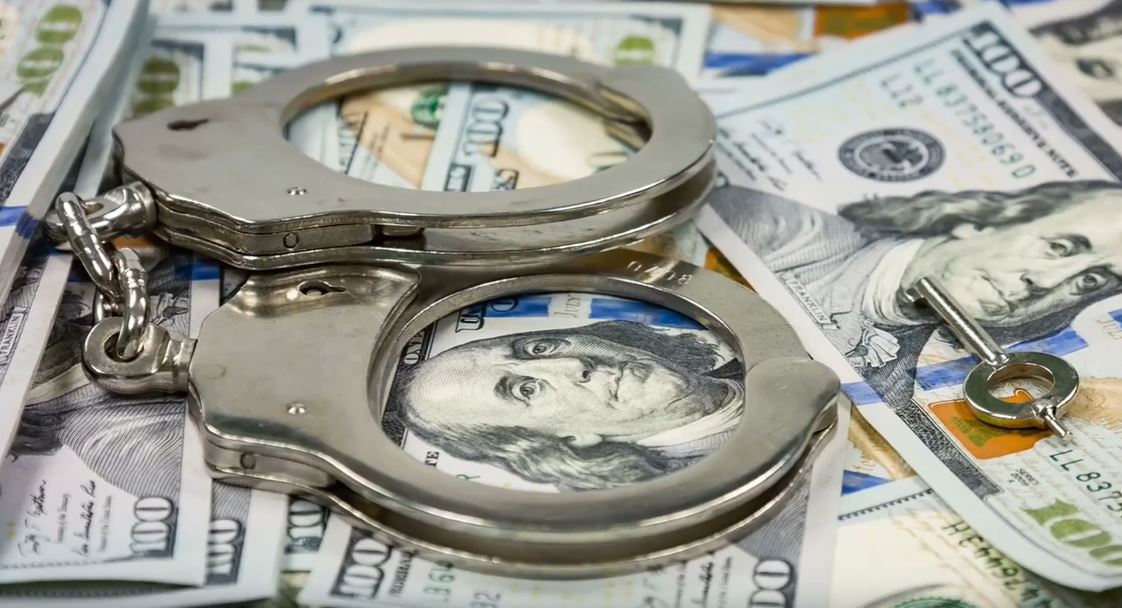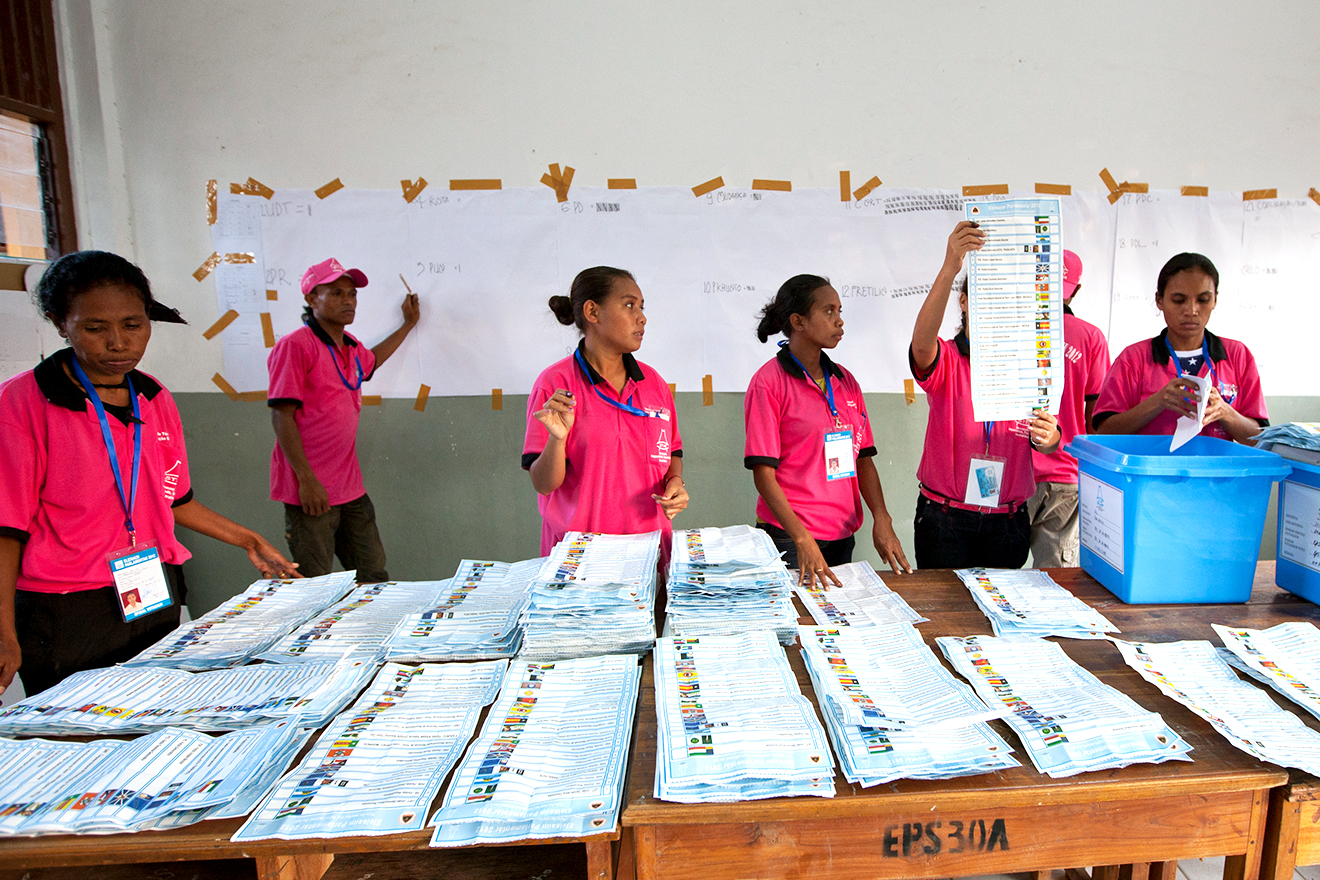Twenty first century problems cannot be tackled with 20th century institutions. There’s a growing gap between the interconnected, structural, and increasingly unpredictable and complex challenges we are facing. The climate emergency, the lack of trust in institutions, growing levels of inequality, particularly for women, highlight the need for change. UNDP calls for new policies grounded in humility that acknowledge that radical uncertainty is now our reality and that it can only be tackled with deep and wide-ranging systemic change.
Democracy and Governance
On this International Day of Democracy, as the world confronts COVID-19, the Secretary-General António Guterres reminds us that democracy is crucial in ensuring the free flow of information, participation in decision-making and accountability for the response to the pandemic. The unprecedented COVID-19 crisis has resulted in major social, political and legal challenges globally. Let us seize this pivotal moment to build a more equal, inclusive and sustainable world, with full respect for human rights.
Corruption, the abuse of public office for private gain, is about more than wasted money: it erodes the social contract and corrodes the government’s ability to help grow the economy in a way that benefits all citizens. The COVID-19 pandemic has heightened the importance of stronger governance. During this crisis the IMF has continued its governance and anti-corruption work. Their message to all governments has been clear: spend whatever you need but keep the receipts, because we don’t want accountability to be lost in the process.
The eighth session of the Conference of the States Parties to the United Nations Convention against Corruption (UNCAC) - COSP8 - will be held in Abu Dhabi, United Arab Emirates, from 16 to 20 December 2019. The Conference is expected to discuss a wide range of topics, including preventing and combating corruption, the review of the implementation of the Convention by States, asset recovery, technical assistance and preparations for the special session of the General Assembly against corruption, to be held in 2021. This month we also marked International Anti-Corruption Day.
The latest UN report on elections examines the erosion of trust in elections in different countries around the world in recent years, with accusations of manipulation via the Internet and social media and reports of foreign interference in polls becoming increasingly common.
"Participation" — the theme for this year's International Day of Democracy — is an opportunity to recall that democracy is about people. Democracy is built on inclusion, equal treatment and participation. Democracy is a fundamental building block for peace, sustainable development and human rights. True democracy is a 2-way street, built on a constant dialogue between civil society and the political class. This International Day is an opportunity to urge all governments to respect their citizens' right to active, substantive and meaningful participation in democracy.

